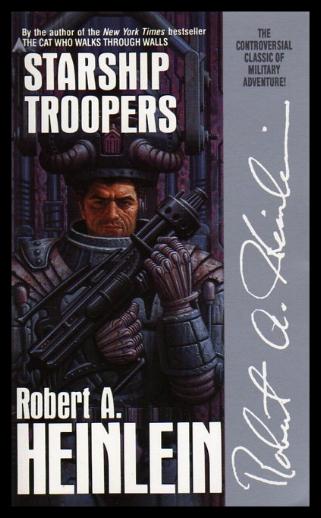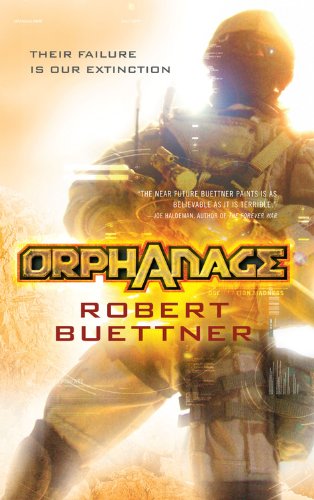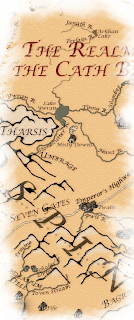So I should start off that this isn't a Nerdview. My Nerdviews are meant to be exemplars of professional reviews, and a key trait of them is that anyone should be able to read one of my reviews and come to a contrary opinion of the movie. A fair, well-explained and contextualized review should allow for people who have opposing tastes to mine. A review should not tell people whether they should or shouldn't enjoy a movie, but whether they're likely to enjoy it or not. That's an important distinction, as nuanced as it is.
So this is not a review, because I'm going to flat out say it: you should not see this movie, unless you need to cure yourself of optimism for the video-game-to-movie franchise. In that case, Dr. Ben will prescribe 200cc of Super Mario Bros after eating--because it will ruin your appetite.
First of all, the plot of the movie was a mess. Inspired by the cartoony idyllic landscapes of the games, the plot naturally transplants the protagonists in a formless cyberpunk world of super-pollution and made Dennis Hopper King Koopa, the sleazier-than-usual president of a parallel dimension where humans descended from dinosaurs. Mario, played by the awesome Bob Hoskins, is dragged along by his brother Luigi, played by the toothy John Leguizamo, as they chase Luigi's best-girl Daisy across the ick-dimension. Daisy, played by Punisher-wife Samantha Mathis, turns out to be the long-lost princess of the suck-dimension, and for arbitrary reasons that makes her the key to Koopa uniting the dimensions and make him the de-facto ruler of both worlds. There's a lot of cheap fights with the most ridiculous little-headed goons of all time, a devolving-weapon that reduced Daisy's father into a fungus and other political enemies into goombas, and the super-jump gimmick of the game is a pair of jump-jet boots that elicit some of the worst wire work in the genre.
 |
| The awkwardness of this screenshot is seconded only by the film's total fail. |
Just reviewing my recollection of the film, I'm asking a dozen why's all over again. Why is Mario the punk of the plot? He's not initiating the action, central to the plot's conceit, or even getting the girl in the end. Why make King Koopa the president of a dystopian bolthole of retarded dino-men? How is that more plausible than a naturalistic fantasy land of colorful critters? And president, really? Way to make the story more accessible to the 7-12 year-old age range you were shooting for with your film. I'm sure they'll appreciate the mock election posters and "environmentalist" message.
 |
| See that "elect Koopa" poster? That makes it edgy. Being edgy distracts from the stink, right? |
Probably the biggest travesty of this film is that Bob Hoskins is actually good. As far as the cringe-worthy script and head-poundingly dumb directing lets him go, that is. He pulls off the swaggering of a Brooklyn plumber-turned-reluctant-attache-to-the-hero with his natural aplomb. And with this coming two years after his role as Smee in Hook and five years after starring in Who Framed Roger Rabbit, I think he was positioning himself to play more kid-oriented roles. And then this was inflicted on his resume, the poor bastard. The production values around his veteran performance are just staggeringly bad when you bear in mind that this movie came after Terminator 2 championed early computer-generated effects and Aliens showed how effective purely practical effects could be. Not to mention that a little over a year later, Jurassic Park would be coming out and really rubbing our noses in how pathetic this movie's effects were.
 |
| The uber-intimidating badguys |
Now, at the time, I'm sure every decision to deviate from the source material of the games was made on the assumption that literally depicting the game would be unbelievable to audiences. But in moving away from a surrealistic world that was already completely familiar and plausible to the target audience, the inept filmmakers made something that highlighted its own stupidity and failed to live up to the consistency of a cartoon world.
Yeah, burned.
But you can make something that starts with a familiar, real-world palette and then successively introduce fantastic elements that bring it even closer in line with the source material. And in so doing, you could make a Super Mario Bros movie that is both fairly faithful to the games and yet still accessible to non-gaming audiences.
As an example, and to apologize for dredging up bad memories of Super Marios Bros, I present to you: The Four Players.
I love this video, which depicts Mario as a gruff everyman who sort of goes through a more mundane Mr. Incredible workout routine to become the block-smashing bruiser of the game's stories. Just the label of 'the fixer' evokes many of my favorite hero tropes. Mario isn't just a happy Eye-talian--he's a hard-nosed man you count on to snake your toilets and rescue the princess.
Heshyeah.
Alright, I'm not crazy about Luigi going full pyro at the end there. If he would've stuck with breathing fire, or even just being a nutso pyromaniac loading up a rucksack of flower-powered molotov cocktails, would have felt much more natural to me. That said, I love the juxtaposition of Luigi as the strung-out bad brother who only reluctantly gets his act together when straight-shooter Mario comes a-calling. And who doesn't love the blunt characterization and drama of a well-done support group confession?
I need to watch You Kill Me sometime soon.
So I'll admit, that when Peach started singing, I was ready to roll my eyes. But cutting between the idealized club setting of the song and the 24-worthy torture scenes was genius and by the time the music crescendo'd, I was digging the song both on its own merits and for being so epically moving given this woman's circumstance.
Although regaining the fingers was kind of a cop-out, in my opinion. I like consequences in my story-telling, and I think an eight-fingered Peach would subvert the classic princess trope completely. When flesh-eating piranha eat your fingers off, they stay ate.
(Alright, now I'm getting sissy-weepy re-watching the video…)
Toad here as the soldier, is one of the most game-accurate visions of the character, but at the same time he's totally rocking the Guillermo Del Toro vibe. I could just see him riding a giant frog from beneath that tree in Pan's Labyrinth. Yoshi, anyone? Anyways, I'm a big fan of underpowered characters that get brutalized by their own heroism, so giving him the green mushroom (which gives an extra life in the games) is a great way to characterize the fanatically loyal soldier.
So there you go, cynics. You can make a video game adaptation from a really sparse, cartoony game and actually make something with film-worthy drama and consistency. It just doesn't happen. But at least we have awesome fan trailers to give us hope every once in a while.
Have a good weekend, nerds.
 |
| So so so wrong |
(Oh, and Luigi should have a mustache. Nerdery out.)




















